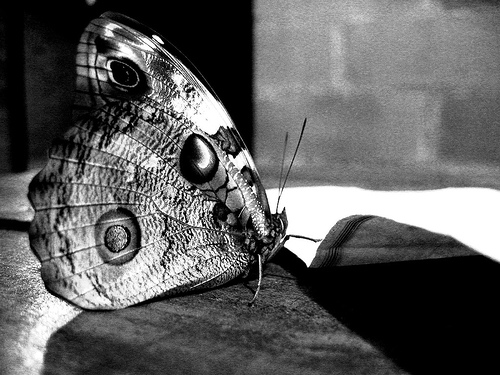
When Two Girls Sent Their Cat into Space
Have you ever let go of a helium-filled balloon and let it soar into the sky? Maybe you’ve even tied a message onto the string, with your contact details and hoped that someone would let you know where it landed when it popped. These awesome girls went a big step further than that. They sent a balloon into SPACE, with a couple of Go-Pro cameras attached, in a really cool science experiment.
A Controlling Friendship – A Bully By Another Name
Have you ever had a friend who made you feel bad? Maybe your friend was mean to you sometimes, and confused you. Or she (or he) would ignore you because you had done something wrong.
We all fall out with our friends on occasion, even us adults. It is a normal part of life.
When the friendship is one-sided then it is a different story. Then we might say it is a ‘controlling friendship’.
What is Falcon 9?
There has been a lot of excitement about Falcon 9, but what it it, and why is it so exciting? Our Science Editor, Samantha Gouldson, explains.
Cool Bedroom Ideas for Kids
We’ve scoured the internet to find some fab rooms – not boys’ rooms and girls’ rooms, just really cool bedrooms ideas for kids.
Maybe you’ve grown out of your princess bedroom, or have gotten tired of your pirate room. Perhaps you didn’t have a real theme to begin with. We’ve gone for bedrooms that can be done without spending a ton of money – focusing quick fixes of a lick of paint and some new bed covers.
Stripes Galore!
We love this stripy bedroom – you can learn how they did the stripes here

Room Makeover by Melissa Mondragon
Where did the Word Butterfly Come From?
Millie explained recently what etymology means, and fitting to this week’s theme of Jump! Into Biology, we are are asking ‘where did the word butterfly come from?’.
Who hasn’t seen a butterfly flitting by and enjoyed seeing the flutter of its wings? But have you ever considered why it came to be called “butterfly”? Perhaps you have wondered whether there used to be a large number of yellow, butter-coloured butterflies who gave their name to the whole species?
Well, there is a nice little story attached to the name of the butterfly. In the past, there was a general belief that butterflies ate milk and butter. This probably came about because of the way that flies hover over any food at all that’s left out, and butterflies may have been seen hovering over uncovered pails of milk and butter. Not only that, but this belief developed to encompass the idea that butterflies were either sent out by witches to steal butter, or were in fact, witches themselves, disguised as butterflies. Quite why the witches were out to steal the butter, we don’t know!









